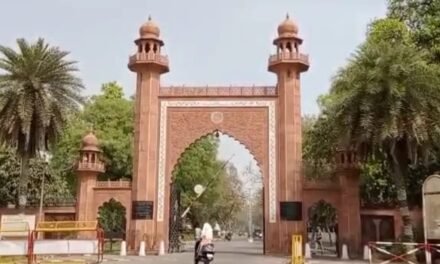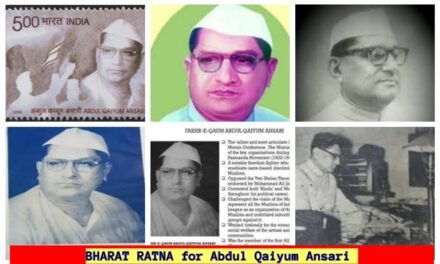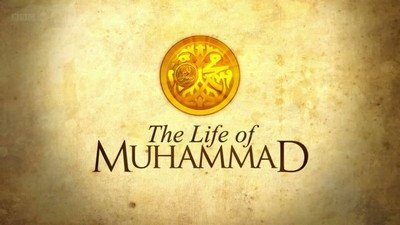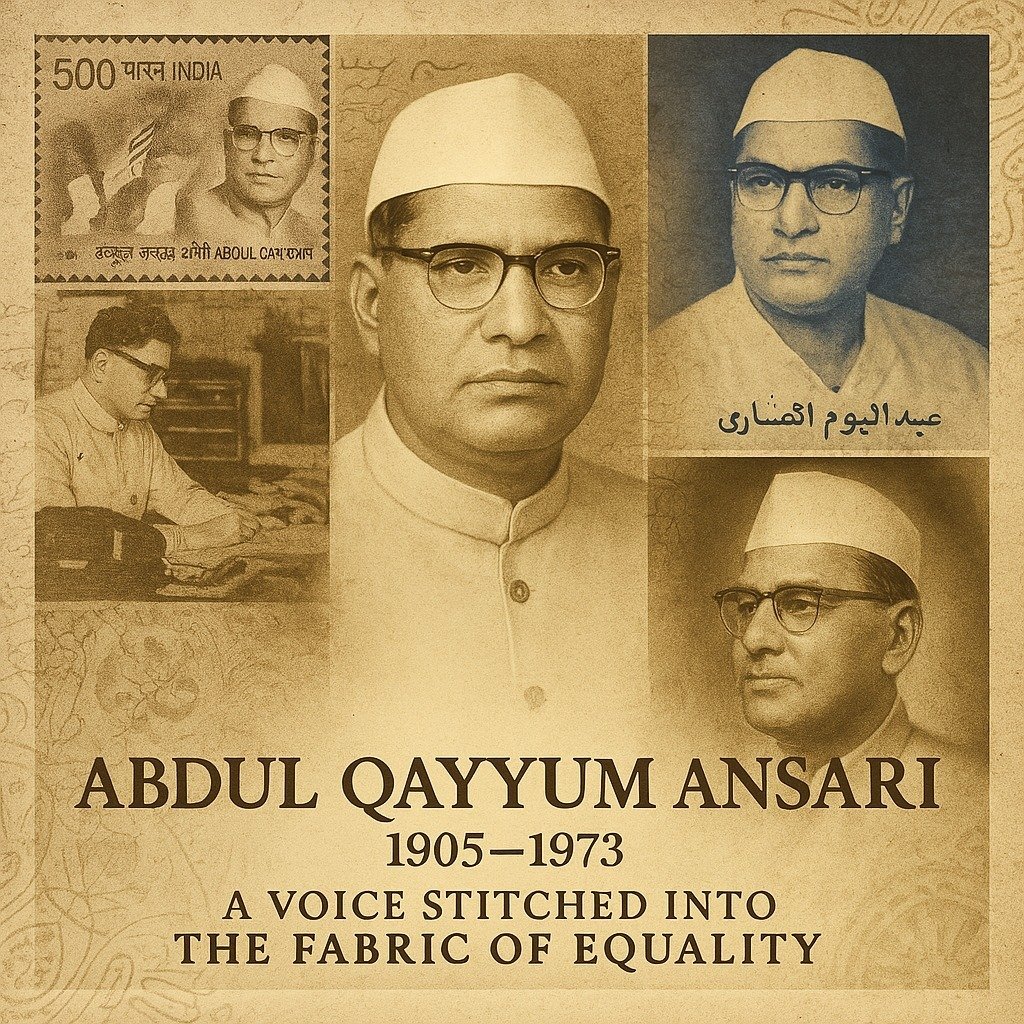
–Shahnawaz Ahmad Ansari
He stood against partition, not for power but for principle.
He stood for Pasmandas, not for votes but for equality.
He stood for India, not for its fragmentation, but for its integration.
In the 21st century, Pasmanda Muslims—comprising over 80% of India’s Muslim population—remain at a crossroads, yearning for leaders who can bridge their marginalisation with the mainstream. Bihar, a state rich in culture yet haunted by communalism and caste politics, needs now, more than ever, the ethos of Abdul Qayyum Ansari, a man who dedicated his life to India’s independence and societal equality.
On his 120th birth anniversary on 1st July 2025, we find ourselves not only paying tribute to a monumental figure of India’s freedom struggle but also confronting a historical injustice — his near-total erasure from public memory. It is a silence that shrouds a legacy rich in resistance, secularism, and social justice. In a time when India continues to grapple with the challenge of inclusive nationalism, Ansari’s life offers the blueprint we desperately need, and we make a fervent plea to rewrite the pages of history and accord him the Bharat Ratna that he deserves squarely.
The conscience keeper of pre-partition India
At a time when communal identity was being politicised to divide the subcontinent, Ansari’s voice rang clear for unity. His legacy cannot be understood without revisiting the 1940s, a decade that saw India’s soul tested between communal division and national unity. While many chose silence or sectarianism, Abdul Qayyum Ansari raised the banner of unity. As the President of the All India Momin Conference, he issued one of the most forceful rejections of Jinnah’s Two-Nation Theory, stating that Partition would benefit only “the landed aristocracy and elites” while crushing the hopes of India’s poor Muslims. And his foresight turned out to be prophetic. This was not mere political rhetoric; it was a deep understanding of socio-economic stratification, a perspective largely missing from the dominant discourse of the era.
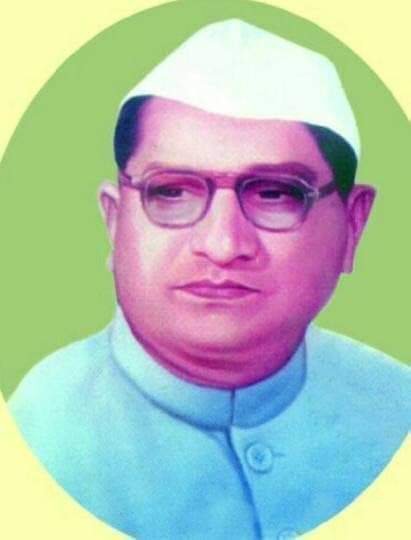
Ansari was no drawing-room intellectual; however, his journey started from dusty lanes of Dehri-on-Sone, where a young man dared to dream of an India that belonged to everyone. He mobilised lakhs of working-class Muslims, especially from the Pasmanda (backward caste) communities, to reject the idea of Pakistan. He saw the Muslim League’s communalism as a betrayal of Islam’s egalitarian spirit and India’s civilizational ethos. His stance wasn’t merely political; it was moral resistance.
Ansari’s leadership in the Momin Conference, a platform for the subordinated Muslim castes, challenged the Ashraf elite’s dominance, mobilising over 80% of India’s Muslim population—the Pasmanda community. Yet, his name fades in history’s glare, overshadowed by more celebrated figures. This amnesia is a disservice to a man who, in 1947, was arguably the first Indian Muslim leader to condemn Pakistan’s aggression in Kashmir, forming the Indian Muslim Youth Kashmir Front in 1957 to support India’s sovereignty.
Ansari’s relevance from Bihar to Bharat
Today, Bihar—Ansari’s birthplace and political karmabhoomi—faces a defining moment. The state’s Pasmanda Muslims, comprising over 80% of the Muslim population, remain politically scattered and economically sidelined. In a climate where identity politics dominates the discourse, Bihar urgently needs a unifier—someone in the mould of Ansari, who championed Pasmanda aspirations not with rhetoric or symbolism, but with the language of constitutional rights, education, dignity, and social justice.
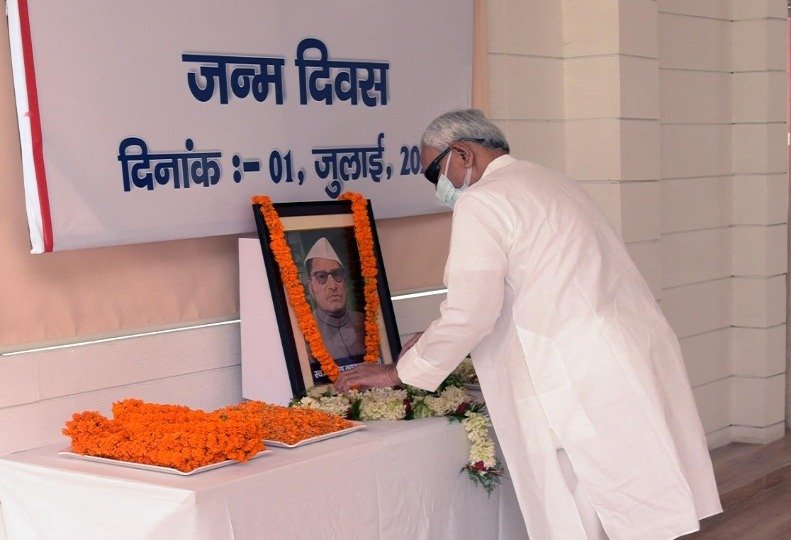
Ansari’s patriotism and secularism were not confined to slogans. Unlike many of his contemporaries, his secularism was lived and practised, not merely professed, as he viewed nationalism not through the lens of identity, but through the prism of unity, dignity, and equal opportunity. His nationalism was deeply rooted in constitutional values, secular integrity, and inclusive development. His brand of nationalism championed India’s pluralistic soul—where religion could not dictate citizenship and caste could not determine one’s destiny. Today, as India navigates complex questions of social justice, communal harmony, and inclusive growth, Ansari’s vision remains profoundly relevant—from the lanes of Bihar to the conscience of Bharat
Architect of Pasmanda (marginalised) assertion
If social justice is the third pillar of India’s Constitution (after liberty and equality), Ansari was one of its earliest architects. His relentless work for the Pasmanda cause, decades before the term entered popular discourse, makes him a pioneer. He recognised that caste-based discrimination existed within Muslims, as the ‘Ashraf’ (upper-caste) Muslims often monopolized political and economic power, leaving the vast majority of ‘Arzal’ (Dalit Muslims) and ‘Ajlaf’ (OBC Muslims) – collectively known as Pasmanda, constituting over 80% of the Muslim population – in conditions of severe marginalisation, and challenged the dominance of the Ashraf (upper-caste Muslims) in socio-political spaces.

As a Bihar Cabinet Minister for 17 years, Ansari championed education, artisanship, and upliftment of backward classes, shaping the All India Backward Classes Commission. His ideals of unity, inclusion, and equality remain crucial today, offering a path to uplift backward Muslim society and foster social harmony in Bihar.
Why Ansari deserves the Bharat Ratna
Ansari’s life was a luminous chapter in India’s quest for unity, justice, and inclusive nation-building. A fearless freedom fighter, pioneering Pasmanda reformer, and unflinching secularist, he not only resisted colonialism but also battled internal inequities with equal force. From the political frontlines to the editorial desk, his voice remained uncompromisingly committed to India’s plural soul. Awarding him the Bharat Ratna is not just a tribute to a man—it is a course correction in India’s collective memory.
| Key Reasons for Recognition *Imprisoned at age 16 for participating in the Khilafat and Non-Cooperation Movements. *Among the first Muslim leaders to openly oppose Jinnah’s Two-Nation Theory. *Mobilised Pasmanda Muslims against communal politics and elite hegemony. *Founded the Indian Muslim Youth Kashmir Front to oppose Pakistan’s aggression. *Served 17 years in Bihar’s cabinet, focusing on education and social welfare. *Architect of the first All India Backward Classes Commission framework. *Strong advocate for horizontal social justice across caste and religious lines. *Editor of Al-Islah and Musawat, countering both Hindu and Muslim communalism. *Championed indigenous education and fought elitism in learning systems. *Used journalism as a tool for grassroots empowerment and public reform. *Embodied secularism not as policy, but as lived practice and political mission. *His legacy offers a unifying roadmap for Bihar and a healing vision for Bharat. |
In an age where polarities dominate public discourse, honouring Abdul Qayyum Ansari with the Bharat Ratna is a timely reaffirmation of India’s foundational promise—equality, integrity, and inclusion. His vision holds answers to present challenges. By celebrating his contributions, India pays homage not only to a towering figure of the past but also to the timeless idea of a just and united republic he so nobly lived and died for.
About the Author:
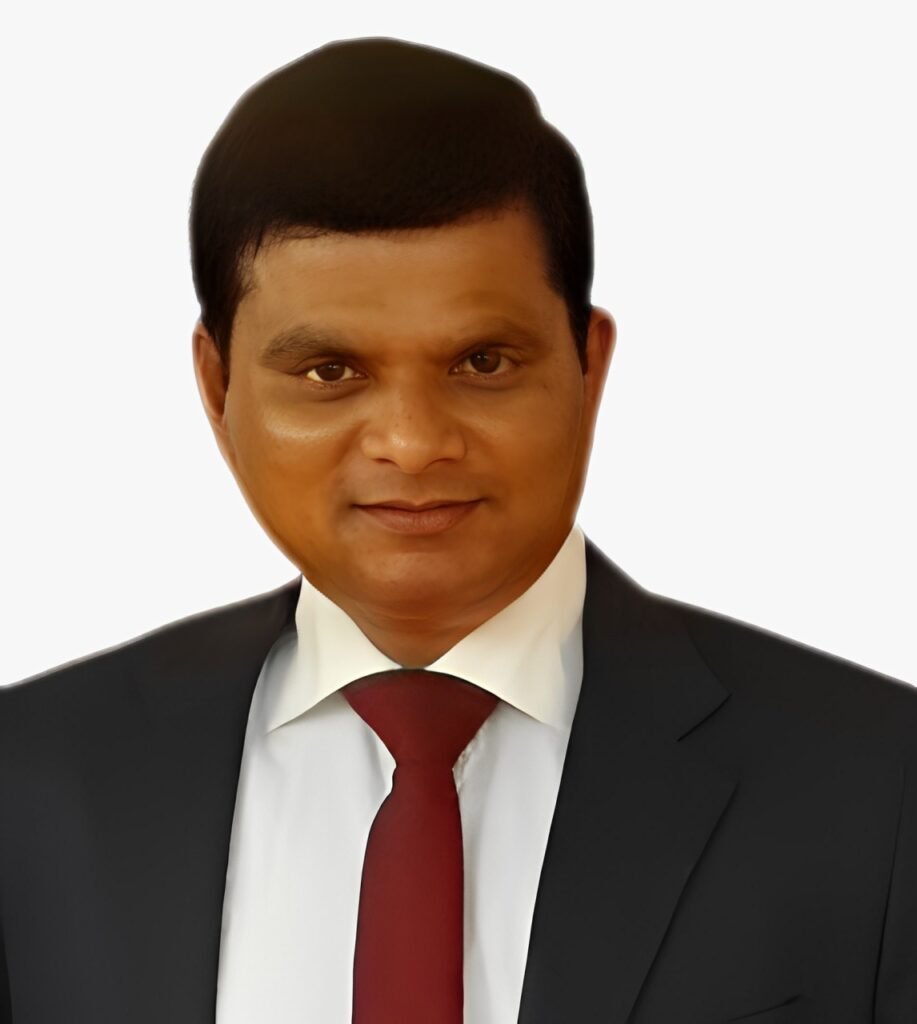
Shahnawaz Ahmad Ansari is a seasoned author, journalist, poet, thinker, editor, and critical socio-political commentator with over two decades of experience in public discourse and advocacy. As the National Spokesperson of the All India Pasmanda Muslim Mahaz (AIPMM), he has emerged as a powerful voice for marginalised communities, particularly the Pasmanda Muslims, championing justice, equity, and representation.
His writing reflects a unique blend of historical depth, poetic grace, and incisive socio-political observation. Whether through his thought-provoking editorials or evocative verses, he engages with the spirit of India’s democratic and inclusive promise. His poetry can be read at My Poetic Side, and his socio-political reflections are published on his blog Candid Qalam.
A widely respected commentator, Ansari continues to shape opinion with clarity, courage, and compassion—anchoring his voice in both grassroots realities and constitutional ideals.
Contact:
✉️ saasiwan@gmail.com
🐦 Twitter: @SHAHNAWAZ0604
🔗 LinkedIn: Shahnawaz Ahmad Ansari
📘 Facebook: shahnawazahmad.ansari

